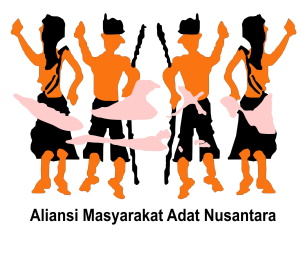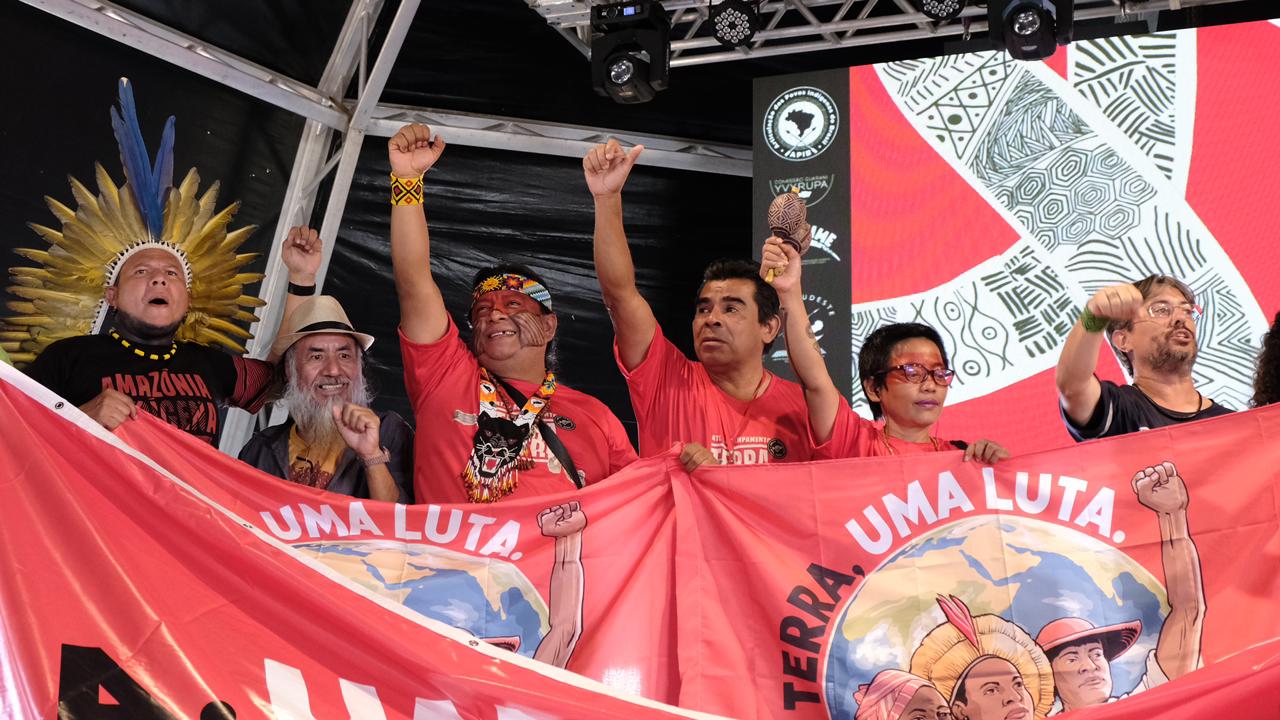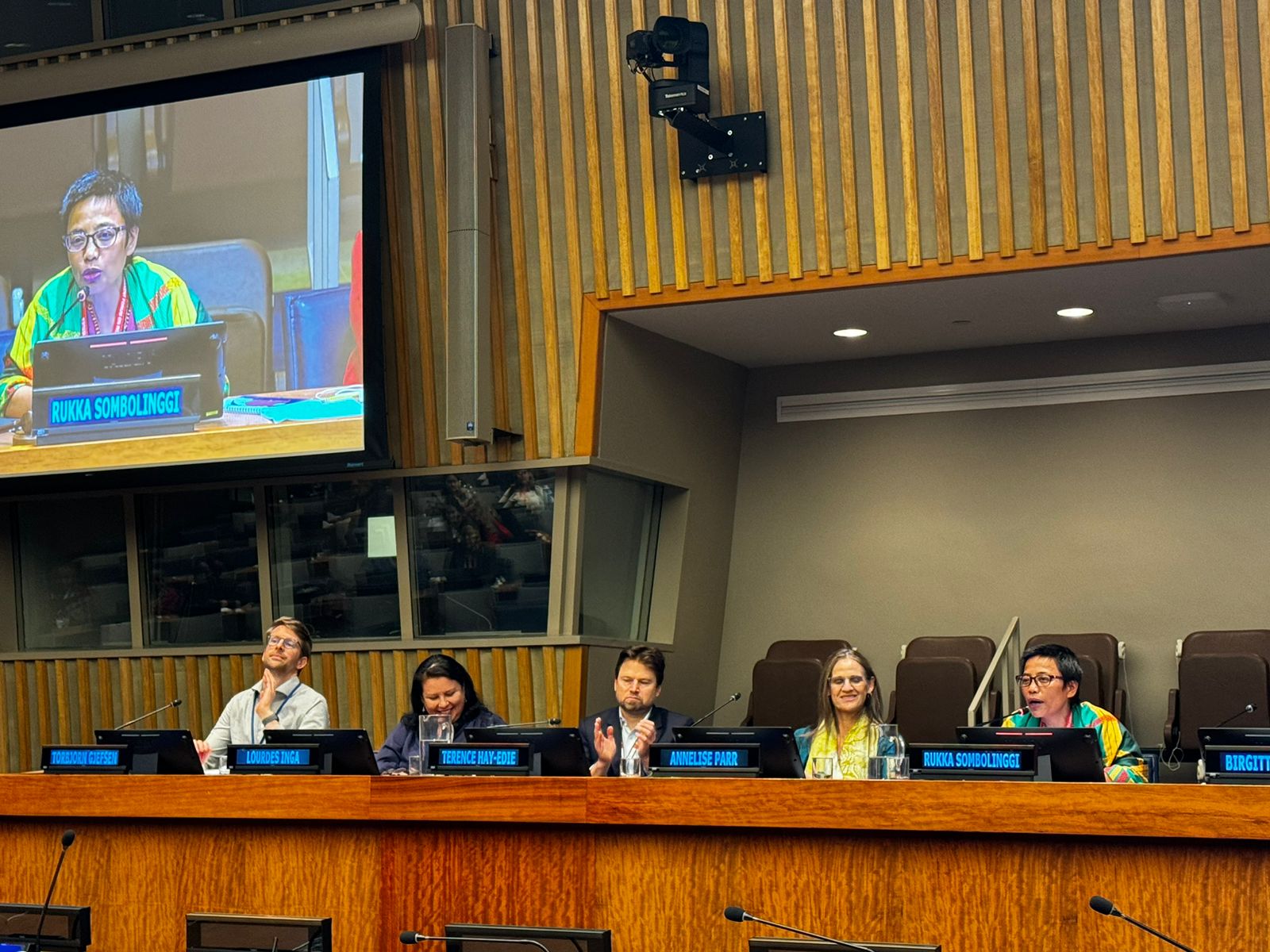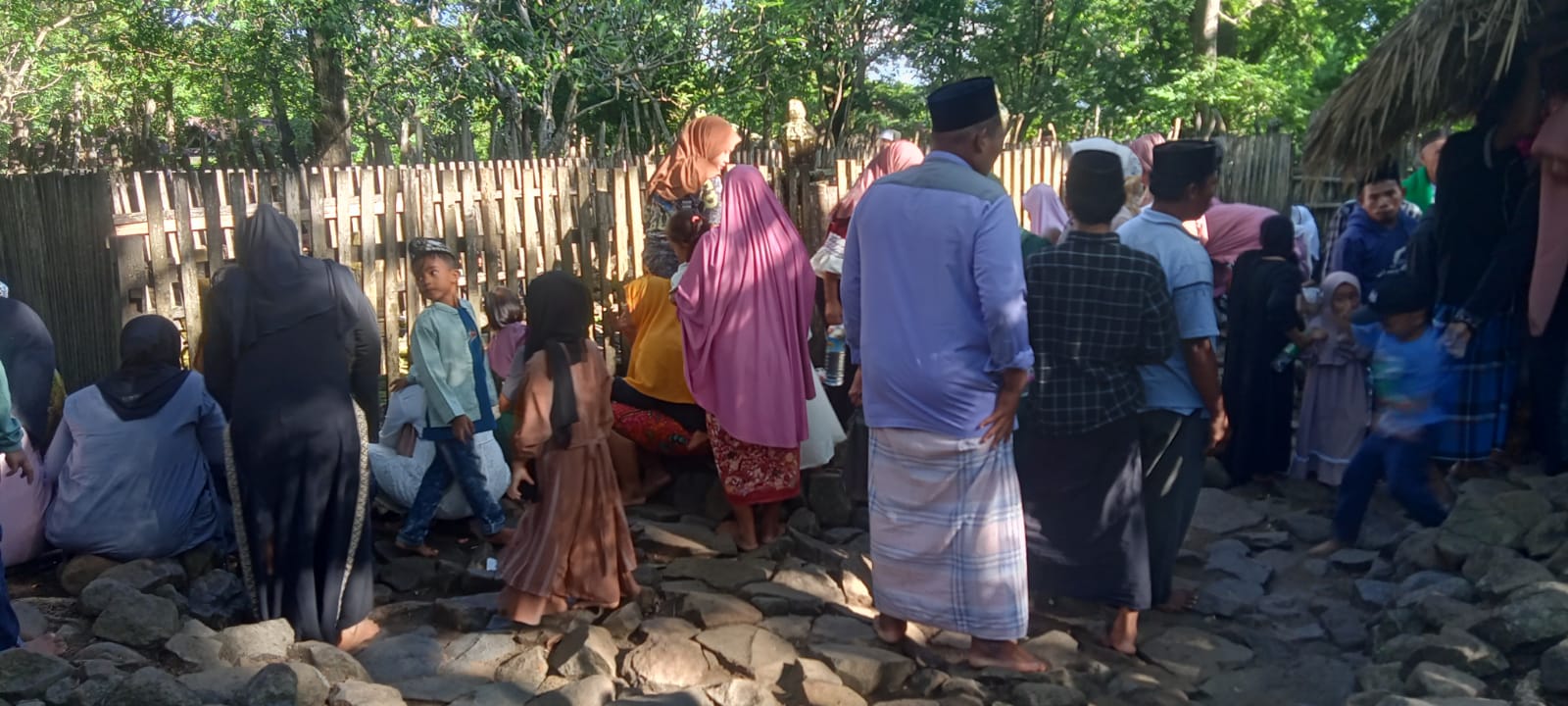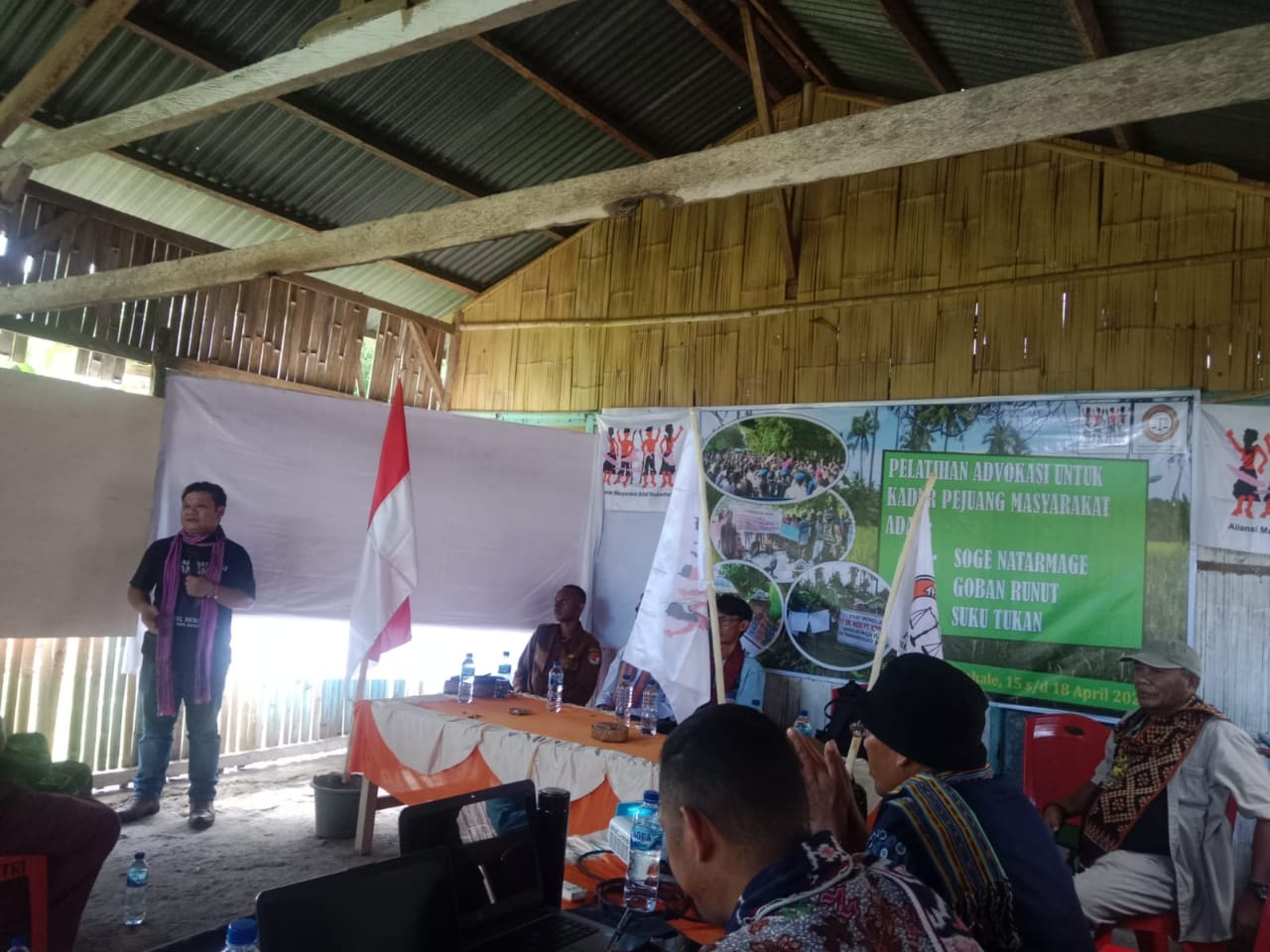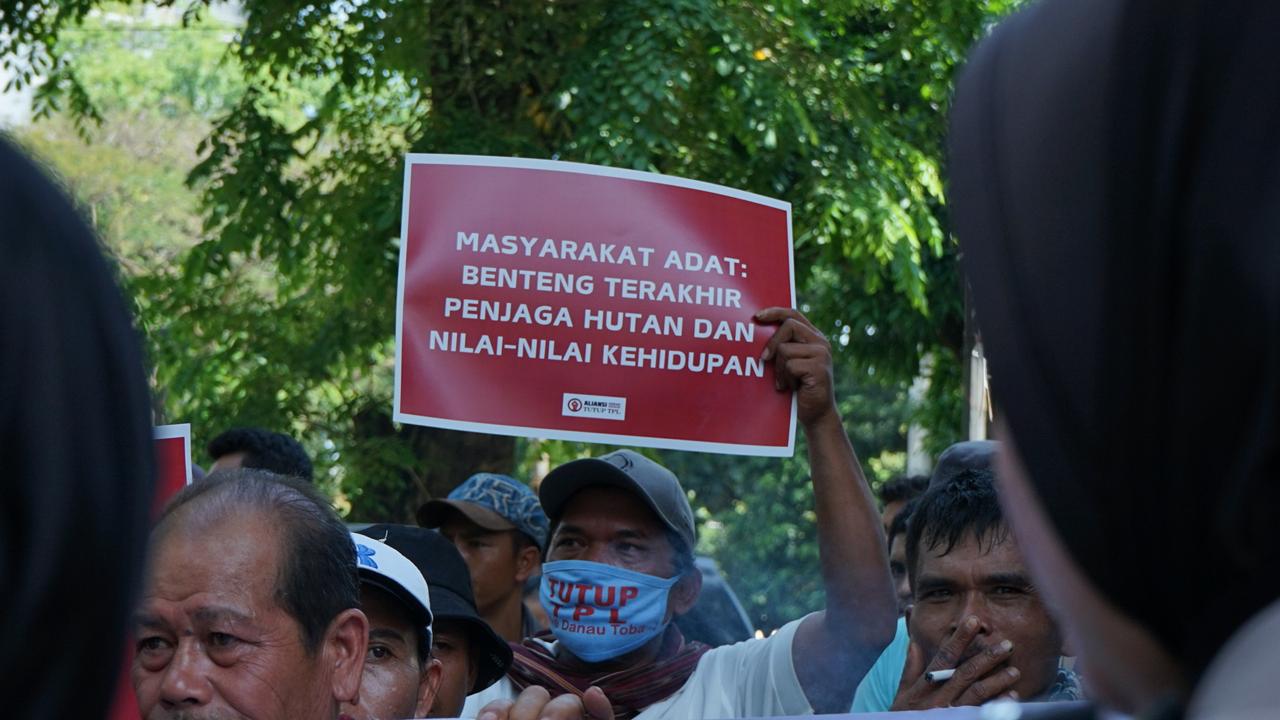Unique gathering held on “ REDD and Blue” carbon in relation to sustainable resource management
28 Oktober 2013 Berita“Taking care of the earth is our collective responsibility.” – Om Eliza Kissya, indigenous leader of Haruku Forty participants from environmental organizations from Africa, Asia, Europe and Latin America and indigenous peoples organizations from Asia gathered in Haruku, Maluku, Indonesia in October 2-5, 2013 for a meeting on REDD+ and Blue Carbon and its environmental, social and political implications, including on indigenous peoples’ rights, rights of local communities and gender. This meeting was hosted by the Aliansi Masyarakat Adat Nusantara (Indigenous Peoples’ Alliance of the Archipelago - Indonesia) and co-organized by the Asia Indigenous Peoples Pact (AIPP) and the Swedish Society for Nature Conservation (SSNC). In his welcome remarks, Mr. Om Eliza Kissya, a village elder in Haruku, stated that people have to be proactive in protecting the environment and the approach should be holistic as impacts of environmental destruction could spill over in other areas. He further added that this meeting is a very positive step undertaken by civil society organizations. Joan Carling, Secretary General of AIPP, on the other hand stated that REDD+ started with a wrong foot by narrowly looking at forests as carbon sinks, and unless REDD+ will embrace the rights-based approach, and not to be based on the carbon market, it will be a false solution to climate change and will undermine the wellbeing of indigenous peoples and forest-dependent communities. The REDD/Blue Carbon meeting discussion evolved around developments, challenges and opportunities in the negotiations at the international level, the current state of affairs of the Blue Carbon and the experiences of the various regions on REDD and Blue Carbon projects specifically the protection of mangroves. The participants capped the meeting with commitments to further strengthen their solidarity and the sharing of experiences and lessons learned in relation to REDD/Blue Carbon and on strategies in defending and protecting their lands, livelihoods resources, and the environment. They also committed to continue raising the awareness of communities and organizations they are working with on these issues. The meeting was conducted in a training center managed by the community. The strong practice of Sasi (a Customary Law regarding on traditional natural resource management of the community) led by the kewang (stewards of the environment that enforces the rules set up in the Sasi) as exemplified by their mangrove protection and rehabilitation system, Maleo bird (Eulipaa wallacei) conservation and their traditional fish conservation system called sasi lompa, inspired the participants. [http://www.ccmin.aippnet.org]
